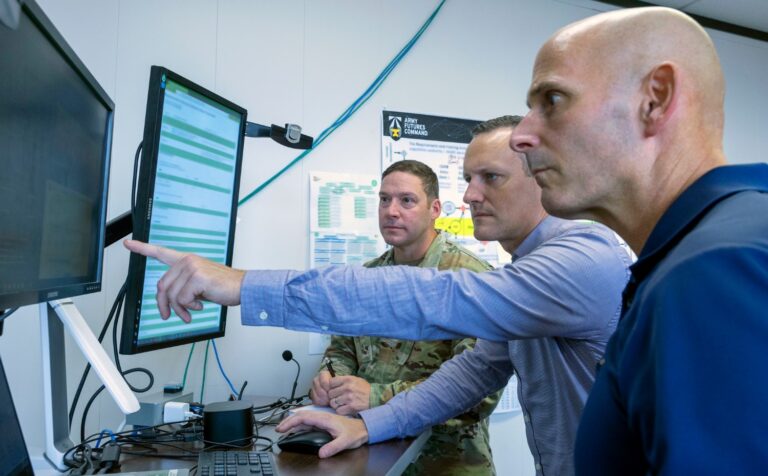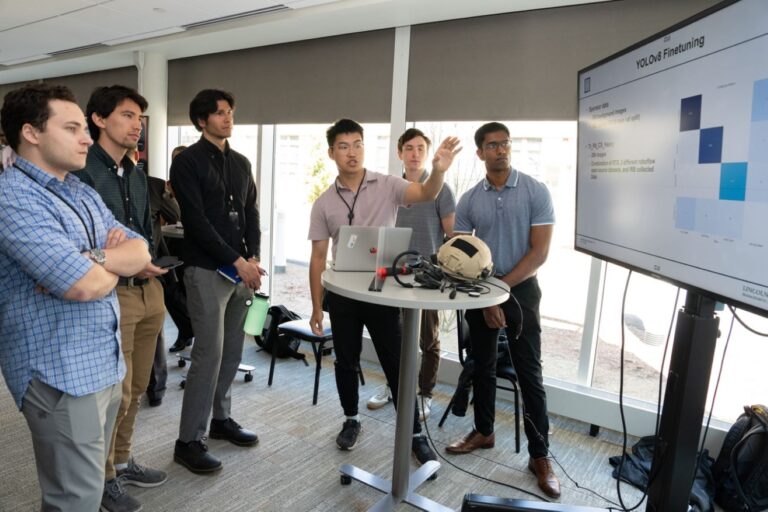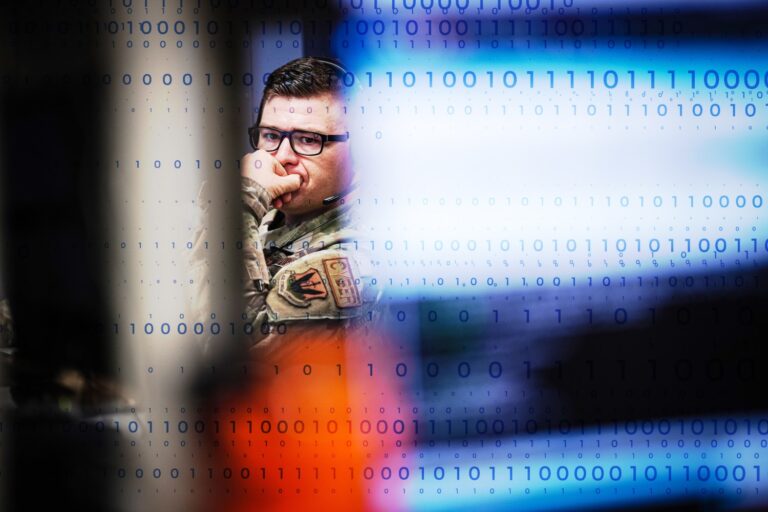Infinimmune Announces Partnership with Grid Therapeutics to Conduct Deep Sequencing of B Cells for Oncology Drug Discovery
SAN FRANCISCO – Infinimmune, a biotechnology company pioneering new methods for antibody drug discovery and development, today announced a partnership with Grid Therapeutics (“Grid”), a clinical stage biotechnology company that focuses on human-derived antibodies, to collaborate in identifying new antibody drug candidates for non-small cell lung cancer.
“We aim to take full advantage of Infinimmune’s truly human antibody data, to efficiently identify better and safer therapeutics. Like Infinimmune, Grid has a platform that probes the human immune response, which we believe will be pivotal in driving the next generation of immunotherapies.”
The partnership will use Infinimmune’s Anthrobody™ drug discovery platform. Infinimmune’s therapeutic pipeline is built on antibodies that are complete, encompassing the full binding and effector regions of both chains. These are produced by human immune systems, distinct from those derived from model organisms, display libraries, or computational algorithms.
During the course of the collaboration, the two companies will jointly study the antibody repertoire from a large cohort of non-small cell lung cancer patients and control patients, who were selected on the basis of their clinical status and response to standard of care chemotherapies and immunotherapies. This will enable Grid and Infinimmune to prioritize their discovery approach using clinical information to understand differences and similarities between the antibody responses of individuals in response to lung cancer progression.
“We are delighted to partner with Grid Therapeutics to study the antibody response in a carefully curated and longitudinal cohort of non-small cell lung cancer patients,” said Wyatt McDonnell, PhD, Chief Executive Officer, Infinimmune. “By leveraging our Anthrobody™ platform and Complete Human™ immunosequencing technology to identify truly human therapeutics, our collaboration with Grid Therapeutics will identify features of the antibody repertoire in non-small cell lung cancer in the pursuit of novel antibody therapeutics against existing and new targets. We are grateful to the patients who generously agreed to participate in this research.”
“We are thrilled to partner with the Infinimmune team in the ongoing and transformative effort to develop novel therapeutic antibodies for cancer patients,” said Edward (Ned) F. Patz,. Jr., MD, Chief Executive Officer, Grid Therapeutics. “We aim to take full advantage of Infinimmune’s truly human antibody data, to efficiently identify better and safer therapeutics. Like Infinimmune, Grid has a platform that probes the human immune response, which we believe will be pivotal in driving the next generation of immunotherapies.”
About Infinimmune
Infinimmune is a biotechnology company pioneering a novel approach to antibody drug discovery and development. Founded by a world-class, multidisciplinary team of scientists and technologists, Infinimmune is reinventing antibody discovery with an end-to-end platform to deliver antibody drugs derived directly from the human immune system. These truly human antibodies are designed to drug new and existing targets with improved safety and efficacy. Infinimmune will deploy its holistic approach to build its own pipeline of drug candidates and partner with pharmaceutical companies to advance their antibody programs, fill their pipelines, and reach new patients and new indications. To learn more, visit infinimmune.com.
About Grid Therapeutics
Grid Therapeutics is a clinical stage biotech company built on the innovative science developed by a team of researchers in Duke University School of Medicine. Located in Durham, North Carolina, Grid is currently using its unique platform to develop a pipeline of human-derived, tumor-targeted antibodies for the treatment of solid tumors. Grid’s first human antibody, GT103, discovered in early stage lung cancer patients with exceptional outcomes and isolated from single human B cells, is now in a phase 2 clinical trial (NCT05617313).








